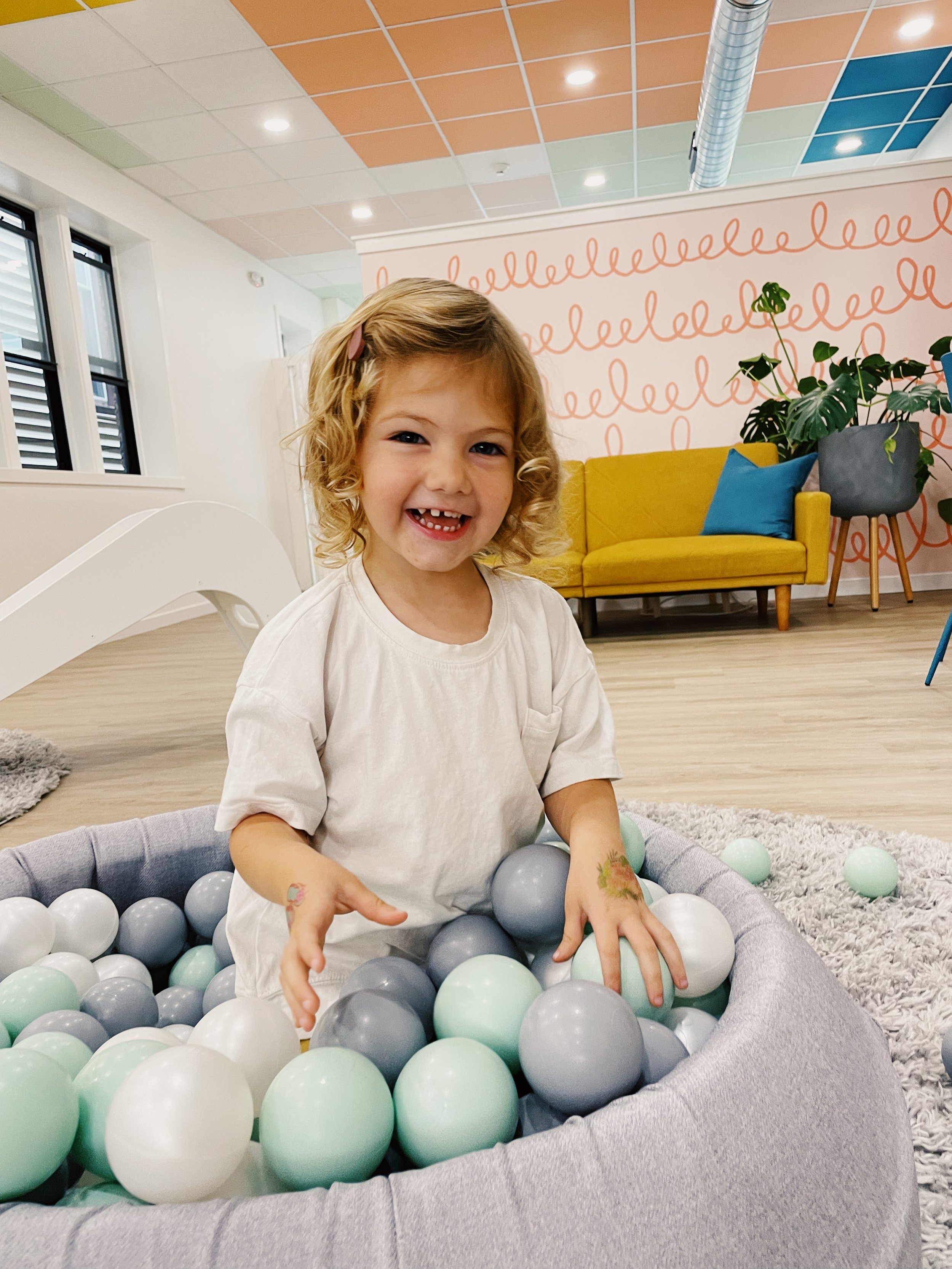Perfectionist Child: What It Looks Like and Ways to Help
Imagine this: your child has been begging to paint a picture all morning—it's a new activity for them, and they're excited about it.
You think, "Why not? Let's give it a try!”
You've set everything up: paints, paper, brushes, the works. Your child even has on their adorable little smock. But instead of diving in, they're just standing there, hesitant to start.
You encourage them, trying to spark their creativity. But still, they hesitate.
Sound familiar?
If it does, you might be witnessing the early signs of childhood perfectionism.
And you might be surprised—perfectionism isn't just about doing something perfectly; sometimes, it's about fearing imperfection so much that you can’t even get started.
Wondering About Child Perfectionism?
Lots of parents worry about whether their child is a perfectionist or how to prevent them from becoming one.
And I’m here to tell you, a lot of the perfectionist tendencies might not be what you think they are.
And guess what? It often begins with you—yes, you, the adult!
Let’s explore more about perfectionism in children, uncovering the telltale signs and learning about practical tips to help your child thrive without the pressure of perfection.
So, grab a cup of coffee (or tea) and let's dive in!
How Does Perfectionism Start?
Your child is like a little sponge, soaking up everything you do and say.
That's right—they're observing how you navigate life's highs and lows. So, most of the time, perfectionism in young people starts with them noticing the simple ways you handle things.
Ever catch yourself:
Engaging in negative self talk
Being hesitant about making mistakes
Avoiding healthy risks
If any of this sounds familiar, don't worry—you're not alone.
But now, it's time to break the cycle and set a positive example for your little one. After all, you're their greatest teacher!
Perfectionists vs. High Achievers
It's important to distinguish the difference between a perfectionist and a high achiever. And it’s easy to mix them up!
I know lots of people think perfectionist means:
Unrealistic expectations
Achieving high scores
Wanting perfect grades
Staying focused on hard work
Setting extremely high expectations
And this can be true, but really it’s more a sign of someone being a high achiever.
High achievers really strive for excellence, but they are more adaptable to setbacks. Someone who is high achieving focuses on improvement rather than perfection.
Ways to spot perfectionism in young children looks a little different. And sure, there may be some overlap, but I really want you to pause and think about the differences here because they do matter.
Perfectionists often show all-or-nothing thinking. They’ll set those lofty goals, but feel crushed by even the smallest setback. They're driven by a fear of failure and may avoid tasks altogether if they can't do them perfectly.
Be there for your child every step of the way. Encourage them to take little risks and step out of their comfort zone. And don't forget to model positive behavior yourself—those little eyes are always watching how you approach the world!
For more tips and insights to nurture lifelong learners, hop over to my Instagram page.
And, don't forget to explore episodes on the podcast, Play On Words, where you’ll hear more about making learning fun and accessible for all.
I’m the founder of BCR, host of the Play on Words podcast, a consultant for the Chicago Public Library, and more! On the blog, I regularly share my tips, insights, and knowledge on early literacy.
The Latest Posts
grab Miss Beth’s ABC booklist
a free, downloadable list of more than 15 of Miss Beth’s favorite books for teaching your child their ABC’s










